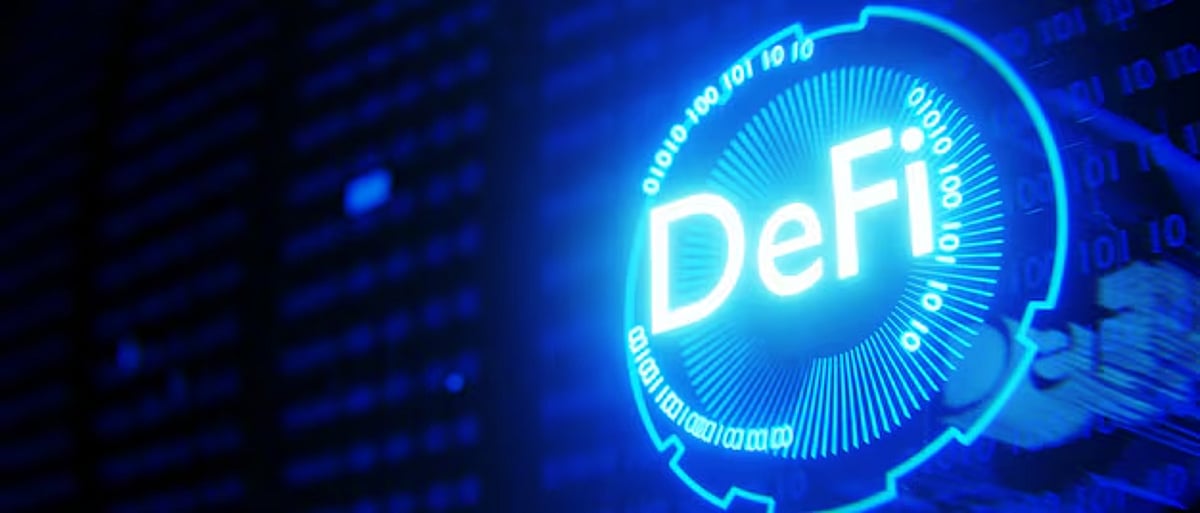DeFi Down Under: How Decentralised Finance is Revolutionising Australian Lending & Borrowing

The Rise of DeFi: A Game-Changer for Aussies
Decentralised Finance (DeFi) is rapidly gaining traction globally, and Australia is no exception. But what exactly is DeFi, and how is it poised to shake up the traditional lending and borrowing landscape we're all familiar with? Forget lengthy bank applications and hefty brokerage fees – DeFi offers a potentially faster, more transparent, and accessible alternative.
What is Decentralised Finance?
At its core, DeFi leverages blockchain technology, most notably Ethereum, to create financial services without the need for traditional intermediaries like banks, brokers, or centralised exchanges. Think of it as building financial tools directly on the blockchain, enabling peer-to-peer transactions and reducing reliance on established institutions. Instead of trusting a bank to hold your funds and facilitate loans, you're interacting directly with smart contracts—self-executing agreements written into the blockchain code.
How Does DeFi Work?
Instead of relying on a single entity, DeFi operates on a distributed network. This means no single point of failure and increased transparency. Here's a simplified breakdown:
- Smart Contracts: These are the backbone of DeFi. They automate processes like lending, borrowing, and trading, ensuring agreements are executed as programmed.
- Decentralised Exchanges (DEXs): Unlike traditional exchanges, DEXs allow users to trade cryptocurrencies directly with each other, eliminating the need for a central authority.
- Lending and Borrowing Platforms: DeFi platforms connect lenders and borrowers directly. Lenders earn interest on their assets, while borrowers can access loans without the usual credit checks and paperwork.
- Stablecoins: These cryptocurrencies are pegged to a stable asset like the Australian dollar or the US dollar, providing stability in the often-volatile crypto market.
Transforming Lending and Borrowing in Australia
For Australians, DeFi presents several exciting possibilities:
- Increased Access to Finance: DeFi can provide access to loans and investment opportunities for individuals and businesses who may be underserved by traditional financial institutions.
- Higher Interest Rates for Lenders: Lenders can potentially earn significantly higher returns on their assets compared to traditional savings accounts.
- Greater Transparency: Blockchain technology provides a transparent and immutable record of all transactions, reducing the risk of fraud and manipulation.
- Faster Transactions: DeFi transactions can often be processed much faster than traditional banking processes.
The Challenges and Considerations
While DeFi offers immense potential, it's not without its challenges. Regulatory uncertainty, security risks (smart contract vulnerabilities), and the complexity of the technology are all factors to consider. Furthermore, volatility in the cryptocurrency market can impact DeFi investments. It's crucial for Australians exploring DeFi to conduct thorough research and understand the risks involved. The Australian government is actively exploring how to regulate DeFi, and it's an area to watch closely.
The Future of Finance is Decentralised
DeFi is still in its early stages, but its potential to disrupt the global financial system is undeniable. As the technology matures and regulations become clearer, we can expect to see even greater adoption of DeFi in Australia and around the world. It’s a space ripe with innovation, offering exciting opportunities for those willing to explore the possibilities.






